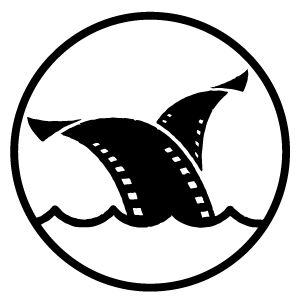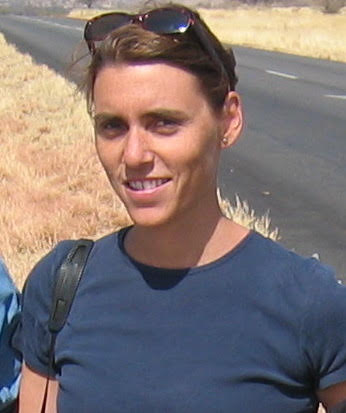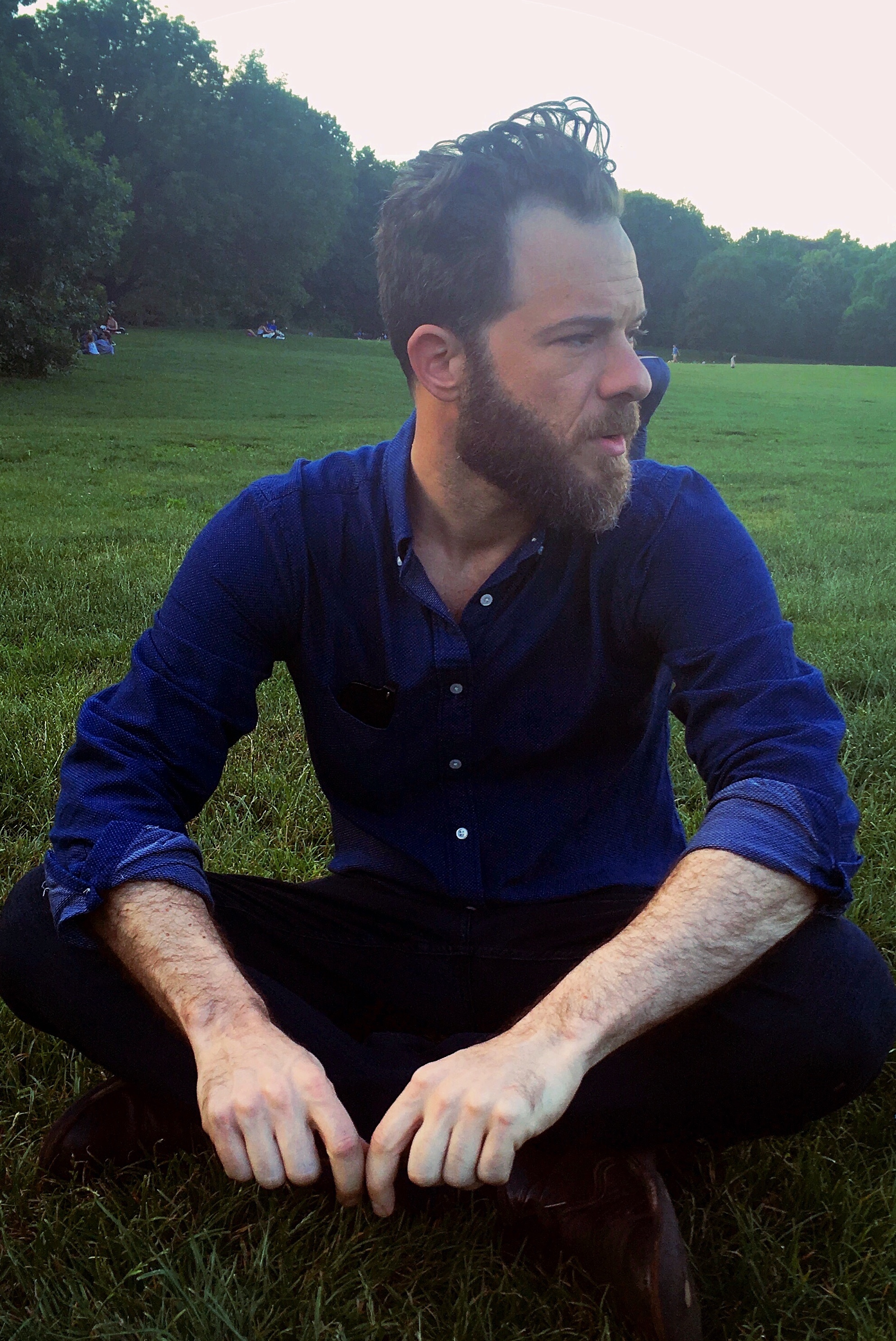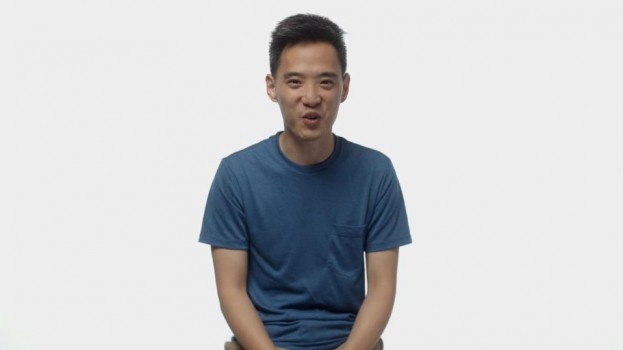NFF: Please say a little about your inspiration for, or how you found the subject of your film.
SARAH & JOSH: In the days following Trump’s victory, we wanted to tell a story about the surge of political newcomers running for office. There was no shortage of amateur candidates running on the Democratic side, but we wanted to focus on a campaign that transcended party and drew attention to the process itself. That was how we found US congressional candidate Robb Ryerse, a progressive evangelical Republican who pastors a church in Fayetteville, Arkansas. What initially struck us about Robb was that, unlikely the majority of evangelical Christians, his ministry focused on love and social justice issues.
Robb started his grassroots campaign with the support of Brand New Congress, an upstart political action committee that recruits non-politicians to run for office. One of Robb’s fellow recruits for the 2018 midterms was Alexandria Ocasio-Cortez.
NFF: You’re in the documentary block. How do you balance entertainment value with a factual accounting of events?
SARAH & JOSH: We come from a background in journalism, so the facts take precedence. We are always mindful of our ethical obligation to depict our subjects fairly. But entertainment value is an important consideration, and we tend to gravitate towards stories that we believe will have a beginning, middle, and end. Following principal photography, we typically sketch out a dramatic narrative structure that will guide us in shaping the footage. The goal is to create an emotional experience for the viewer, not just an intellectual one. After all, if the story doesn’t capture the attention of audiences, then its message obviously won’t spread very far.
To make sure that the film hasn’t drifted away from the facts during the editing process, we rigorously fact-check prior to completion. With a véritéfilm like TRUE BELIEVER, we screened a fine cut for the protagonist, Robb Ryerse, and gave him the opportunity to tell us if there was anything he considered inaccurate or misconstrued. We always maintain editorial independence, but it’s important to us that our subjects feel they have been portrayed accurately.
NFF: What do you find the biggest advantages and challenges of making a short as opposed to a feature?
SARAH & JOSH: Since most stories don’t rise to the level of a feature, the short form opens the doors to all kinds of enlightening, artful, and socially urgent stories that wouldn’t otherwise be told. It’s been inspiring to see how the form has given filmmakers the confidence to take more creative risks. It was never our expectation that True Believer would turn into a feature. Knowing that there is an audience for shorts took some pressure off, and gave us the confidence to pursue the story.
The short form pushes you to be economical and precise with your editorial choices. True Believerwas edited from over 70 hours of footage, so it took some time to compactly layer a rich, compelling story. It really is like a literary short story in that every detail serves the storytelling in some way. If a scene or a piece of dialog wasn’t playing a well-defined role, then there really wasn’t room for it.
NFF: What are you working on currently, and/or where can we see more of your work?
SARAH & JOSH: We’re currently in post production on an vérité feature documentary that we’re very excited about. The working title is PROMISED LAND. It interweaves the personal stories of a factory worker in Ohio, a fifth-generation Kansas farmer, and an Uber driver in Florida. For years, their hard work paid off, but corporate consolidation and the erosion of union wages force drastic changes. We’ve had exceptional access to their personal and professional lives and have watched as all three made dramatic life choices in response to changing economic realities. The result is a kaleidoscopic portrait of a middle-class on the edge—and a time capsule of this moment in American history. We plan to release the film in early 2020 and hope to show it at Nantucket next summer! To stay up to date on the latest news about the film, follow our Facebook page.
NFF: Why are you excited to screen in Nantucket, and/or what do you hope Nantucket audiences might relate to or take away from the film?
SARAH & JOSH: We are honored to have the east coast premiere of TRUE BELIEVER at such an esteemed festival, with such a deep commitment to meaningful storytelling. We look forward to providing Nantucket audiences with a window into a part of the country, and a type of Christian, that they may not be familiar with. We hope that the film’s portrayal of an idealistic effort to create political change, no matter the odds, is inspirational.





















